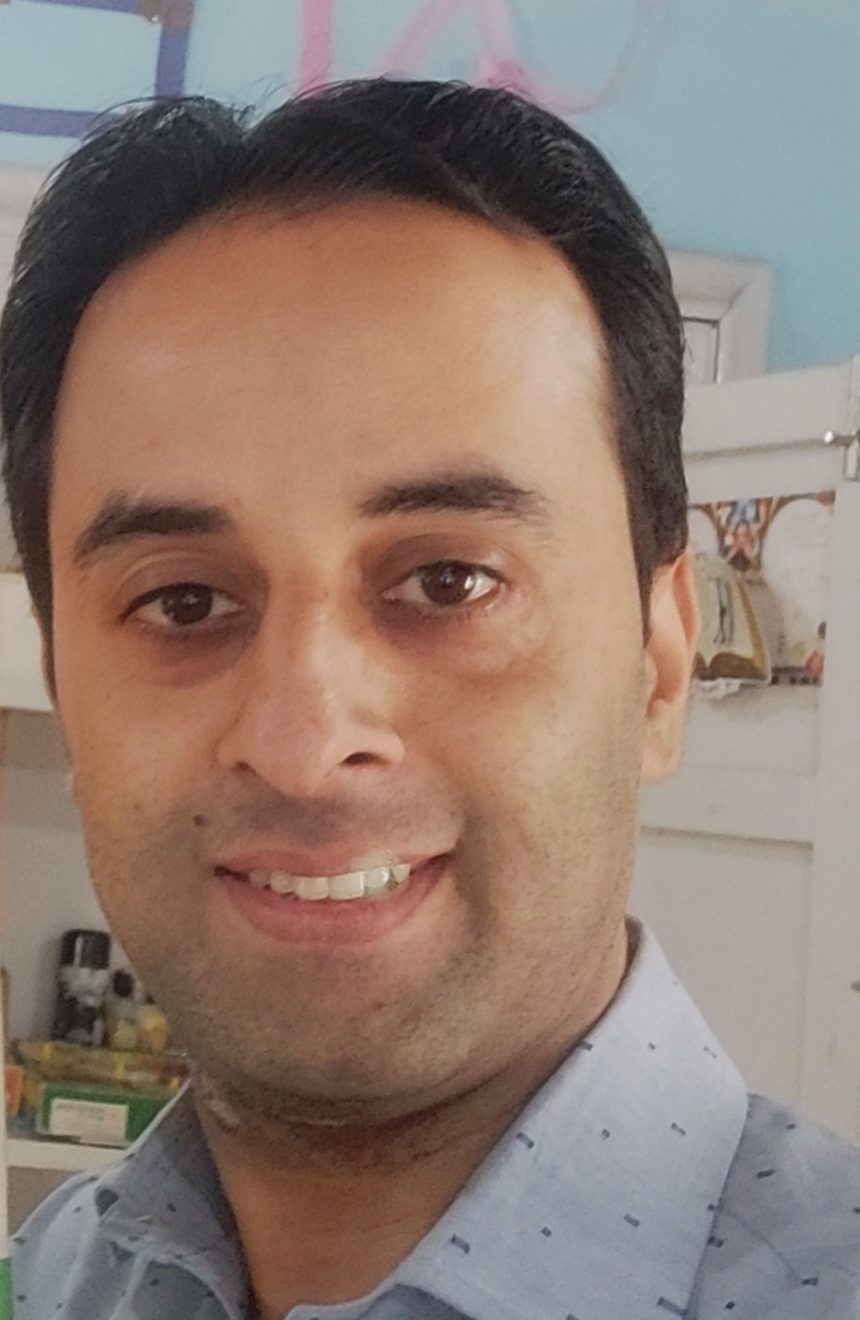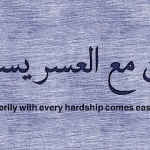BEHIND CLOSED DOORS
In Jammu and Kashmir, the number of children diagnosed with special needs—such as Autism Spectrum Disorder (ASD), Attention Deficit Hyperactivity Disorder (ADHD), Cerebral Palsy (CP), and Down syndrome—is steadily increasing. Health experts attribute this rise to a range of contributing factors, including environmental influences, increasing exposure to mobile phones and screens at an early age, late marriages, changing lifestyles, and a lack of awareness among parents and caregivers.
Despite the magnitude of the issue, Government hospitals and education institutions are lacking essential services such as inclusive education, vocational training, and structured rehabilitation programs are either insufficient or entirely absent. As a result of this glaring gap in the public healthcare and education infrastructure, parents are left with no option but to rely on private Rehabilitation centers, Child Development Centers to access therapies like speech and Special Education, occupational therapy, behavioral interventions, and physiotherapy. However, these private services often come at a high financial cost and are not uniformly regulated, leaving families vulnerable to exploitation and inconsistent quality of care.
In Srinagar district, a significant number of Child Development Centers have been established over the past few years, driven by both Rehabilitation professionals and private entrepreneurs. While this growth may appear promising on the surface, it raises important questions about regulation, quality control, Child safety and accountability.
The majority of these centers are registered under various legal entities such as Private Limited Companies, Section 8 (non-profit) companies, and charitable trusts. However, only a very small number—perhaps one or two—are formally registered under the Directorate of Health Services, which is the appropriate regulatory authority for health-related establishments in the region.
Several parents of children with special needs have reported facing humiliation and mental harassment at the hands of staff in certain Rehabilitation centers across Srinagar. These incidents often occur when parents raise legitimate concerns about the quality of treatment, lack of qualified professionals, or inadequate services being provided to their children. Instead of addressing these concerns constructively, some child development centers reportedly respond with hostility and dismissive behavior, leaving already distressed families feeling further marginalized and silenced.
Frustrated by the lack of accountability at the local level, a few courageous parents came forward and submitted a formal complaint to the Ministry of Social Justice and Empowerment, RCI and Women and Child in New Delhi. In their letter, they highlighted the unethical practices, unregulated operations, wrong psychological assessment and the psychological trauma inflicted on families seeking care for their children. The Ministry took swift action, sending an official communication to the Government of Jammu and Kashmir, urging them to investigate the matter and ensure the rights and dignity of these children and their families are protected.
Responding to the Ministry’s directive, the Jammu and Kashmir administration took immediate steps by issuing instructions to the Child Welfare Committee (CWC) Srinagar to initiate a thorough inquiry into the functioning of these private rehabilitation centers.
The CWC was tasked with verifying staff qualifications, inspecting the facilities, and interacting with parents to document grievances. This intervention marks an important step toward addressing the long-standing issues in the rehabilitation sector and ensuring that children with special needs are treated with the care, respect, and professionalism they deserve.
Cracks in the system exposed
The Child Welfare Committee (CWC) Srinagar, under the leadership of Chairperson Dr. Khair-ul-Nisa, has taken the matter very seriously and initiated a structured response. Dr. Khair-ul-Nisa, who holds the distinction of being the first Ph.D. holder in Juvenile Justice in Jammu and Kashmir, brings with her a wealth of knowledge and decades of experience in handling juvenile protection, child rights, and welfare issues.
Supporting her in this crucial investigation are CWC members Binish Kazimi, Advocate Shahid Ronga, Nuzhat-un-Nisa, and Misbah Rashid—a team comprising professionals from diverse backgrounds and vast experience including law, social work. Together, the committee has demonstrated a proactive and compassionate approach in addressing the serious concerns raised by parents.
During surprise inspections of various Rehabilitation Child Development Centers across Srinagar, members of the Child Welfare Committee (CWC) uncovered a number of serious lapses behind closed doors, raising significant concerns about the quality and legality of services being provided. While some of these Child development centers present themselves as professional establishments, the reality on the ground tells a different story.
Several Rehab Centers were found to be operating without qualified Rehab Center Head, including essential professionals such as licensed speech therapists, occupational therapists, and clinical psychologists. In numerous cases, critical therapies such as speech and occupational therapy were being administered by unqualified individuals, posing serious risks to the physical and psychological well-being of the children in their care.
The CWC team conducted detailed inspections in accordance with the provisions of the Rights of Persons with Disabilities (RPWD) Act, 2016, and the Juvenile Justice (Care and Protection of Children) Act, 2015. Their evaluation covered multiple key aspects, including registration documentation, licensing, staff qualifications, infrastructure, and accessibility for children with disabilities, hygiene standards, functional CCTV surveillance systems, condition of washrooms, and the overall safety environment.
The findings of the Child Welfare Committee were deeply troubling. According to the CWC Chairperson Dr Khair ul Nisa, many rehabilitation child development centers in Srinagar are operating without the mandatory registration required under the Directorate of Health Services, as well as failing to obtain proper registration under the Rights of Persons with Disabilities (RPWD) Act, 2016. This lack of official oversight raises serious questions about the legitimacy and safety of these facilities. These child development centers in Srinagar operate without government registration and lack proper infrastructure, indicating non-compliance with official guidelines.
As per RPWD Act sections 51 and 52 of the Rights of Persons with Disabilities (RPWD) Act, it is mandatory for every institution working for persons with disabilities (PWD) to be registered under the RPWD Act
In addition to regulatory violations, many child development centers were found to lack even the most basic infrastructure necessary to support children with special needs. Accessible entryways and disability-friendly washrooms—critical for ensuring mobility and dignity—were either completely missing or poorly designed. Essential therapy equipments was either inadequate, outdated, or entirely absent, severely compromising the quality of therapeutic services provided.
The overall hygiene and sanitation conditions in several child development centers were also found to be substandard. Therapy rooms were poorly maintained and small, lacked ventilation, and were not designed to provide a safe or stimulating environment for children undergoing treatment. These conditions not only undermine the effectiveness of therapy but also pose potential health risks.
Another major concern highlighted by the CWC committee was the absence or non-functionality of CCTV surveillance systems, which are legally mandated to ensure child safety and transparency. In some child development centers, either the cameras were not installed in some rooms at all, or some cameras were non-operational.
When CWC members questioned the administration about this, they were told that only the center head had access to the CCTV footage, effectively denying parents the right to monitor or review the recordings. This lack of transparency is particularly alarming in institutions dealing with vulnerable children and violates standard child protection protocols and safety.
Following the surprise inspection by the Child Welfare Committee Srinagar many parents of special needs children expressed their appreciation for Chairperson Dr. Khair-ul-Nisa and her dedicated team, as most of them had previously faced humiliation and exploitation at the hands of these unregulated child development centers.
Several parent associations for children with special needs, including the Disabled Care Foundation Jammu and All Jammu and Kashmir Disabled Welfare Trust, have reported serious violations of the Rights of Persons with Disabilities (RPWD) Act, 2016, and RCI guidelines by various child development centers operating in Jammu. Such negligence has put the health, development, and safety of many special needs children at serious risk.
A wake-up call- meeting with rehabilitation center owners
Following the surprise inspections conducted at several Child Development Centers in Srinagar, the Chairperson of the Child Welfare Committee Dr. Khair-ul-Nisa, promptly issued an official notice to all Rehab centers operating within the district. The letter called for an urgent meeting with the heads of all Rehabilitation child development centers to discuss the findings of the inspections and to seek detailed information regarding their operational status, particularly with respect to registration and compliance with legal norms.
During the meeting, Dr. Khair-ul-Nisa, along with other CWC members, emphasized the mandatory requirement for centers to be registered under the Rights of Persons with Disabilities (RPWD) Act, 2016 in order to operate legally and ethically. The discussion focused on several critical areas, including proper registration, the qualifications of staff, adequacy of infrastructure, accessibility and the implementation of child protection measures.
The CWC stressed that centers working with children with special needs must maintain professional standards and operate within a legal framework to ensure the safety, dignity, and development of the children in their care. It was clearly communicated that unregistered and non-compliant institutions would face serious consequences.
In a step toward corrective action, the Committee granted all unregistered or partially compliant centers a grace period of three months to complete the registration process under the RPWD Act 2016 and to meet the minimum required standards in staffing, infrastructure, proper accessibility, equipments and therapeutic care.
The meeting marked a decisive moment in reinforcing accountability and prioritizing the rights of children with special needs. The CWC Chairperson reiterated that the aim was to support institutions in improving the quality of care and ensuring that every child receives the professional attention and protection they deserve.
In response to the findings from the recent inspections, the Child Welfare Committee Srinagar is preparing a comprehensive and detailed report highlighting the irregularities, violations, and safety concerns observed across various Child Development Centers. This report is being submitted to the Department of Social Welfare, Ministry New Delhi, and other relevant regulatory and enforcement agencies.
The CWC has emphasized that this report is not just a record of violations, but a call to action aimed at reforming the sector and ensuring that children with special needs receive care that is safe, professional, and rights-based.
Conclusion
The recent surprise inspections carried out by the Child Welfare Committee Srinagar have exposed a troubling reality behind the closed doors of several rehabilitation child development centers. While these institutions are meant to serve as safe spaces for children with special needs, many have been operating without proper oversight, unqualified staff, and in clear violation of Rehabilitation Council of India guidelines and ethical standards.
This is not merely a case of administrative negligence—it is a serious breach of trust that endangers the well-being and development of vulnerable special children. The swift action taken by the Child Welfare Committee Srinagar including issuing notices, holding back to back meetings, and preparing a detailed report for higher authorities, represents a vital step toward accountability and systemic reform.
All parents of children with special needs request that Child Welfare Committees (CWCs) be established across all districts of the Jammu Division, as well as the remaining districts of the Kashmir Division. Similar proactive steps must be taken to ensure the safety and well-being of children with special needs.
CWCs should conduct thorough inspections of all rehabilitation centers and special schools serving these children to ensure proper care, safety, and adherence to established standards. I urge the concerned authorities to take swift and decisive action to protect these vulnerable children and uphold their rights as guaranteed by law.
However, lasting change will require more than one round of inspections. It demands sustained monitoring, stronger regulatory enforcement, and above all, a collective commitment from government bodies, center administrators, professionals, and the community. Children with special needs deserve not just care—but competent, compassionate, and compliant care. Anything less is unacceptable.
(The Author is Sr. Pediatric Rehab Therapist & Social Worker (MSW) Working for Disability & Child Rights. Feedback: [email protected])








